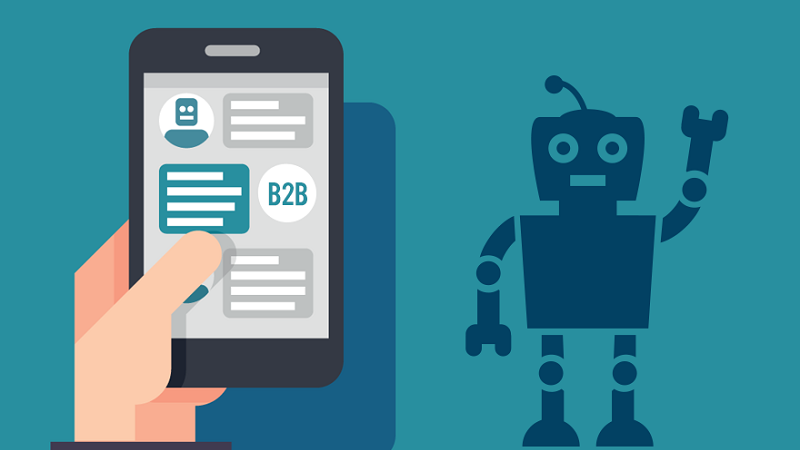


DYSLEXIA SPEECH TO TEXT SOFTWARE SOFTWARE
Here are some top tips that will help you use text-to-speech software to streamline your workflow in law school and beyond: Still, it may take a few tries to get used to using a text-to-speech program. Using TTS applications is typically easy and straightforward and most programs that are currently available don’t have a steep learning curve.

Top tips for using text-to-speech software in law school In reverse, speech-to-text can also be used as a legal technology to record meetings, statements, testimonies, and arguments and convert them into a text transcription. Text-to-speech software can be used to read aloud text on web pages, social media newsfeeds, Microsoft Word documents, dictionaries, and other text resources commonly used by law practices.
DYSLEXIA SPEECH TO TEXT SOFTWARE HOW TO
How to use text-to-speech software in law school The American Bar Association (ABA) also suggests that text-to-speech applications can be a valuable asset for students pursuing a legal degree, especially with new voice recognition software updates that include more legal terminology. If not, the document can be pulled for revision without having devoted any labor to the initial screening process. They can even command their devices to open new documents and save them after transcribing their text, making it possible to create documents without ever touching a keyboard.Īutomated document review.-Legal documents like contracts can be reviewed with artificial intelligence (AI) technology that can help determine if a document meets predefined criteria. More efficient document management.-Instead of typing content into a document manually, law school students can dictate a document directly into their mobile device or computer. Speech-to-text technology allows legal professionals to use dictation software to record important things without having to type or write. Saving time.-Law students can take shortcuts when it comes to basic administrative tasks like transcription or notetaking and put more of their time and energy into their core curriculums. Reading legal textbooks into the wee hours of the morning is also hard on the eyes, and TTS programs can read text aloud to students instead, allowing them to consume more material even faster. Some of the benefits of text-to-speech software for law students and other legal professionals include but are not limited to:īetter information comprehension and retention.-Legal concepts can be difficult to understand, and learning disabilities like dyslexia can make reading complex written content challenging. It is important to note that not all TTS programs include dictation software, and not all dictation programs provide TTS features. Some programs also do the reverse and transcribe spoken word into written text. Law students, solo attorneys, big law firms, and other legal professionals can benefit greatly from using TTS applications to transcribe written text into spoken word. The benefits of using text-to-speech software for law students The result is a realistic-sounding robotic voice that can read both typed and scanned text aloud at varying speeds. The software uses advanced technology to read text characters, words, and phrases and creates speech sounds that mimic a human voice. It is often used by individuals with vision, learning, or reading disabilities that make it difficult to see, interpret, and comprehend written text. Text-to-speech software is a type of speech recognition software that transcribes text and converts it into spoken word. What is text-to-speech software, and how does it work? Here’s what to know about text-to-speech applications for law school students and which apps are the best to try if you’re a paralegal, attorney, or another type of legal professional. The average person can read about 250 wpm but can listen at speeds of 400 words or even more. Text-to-speech software makes it easier to consume written text faster than if you were reading it out of a book. Whether you’re studying criminal law, family law, tort law, or another type of law practice, TTS software can help you succeed. Law school students have a lot on their plates when it comes to their studies, and there are many resources that can help budding lawyers better retain the information they need to earn their degree.

Top text-to-speech apps for law school students


 0 kommentar(er)
0 kommentar(er)
